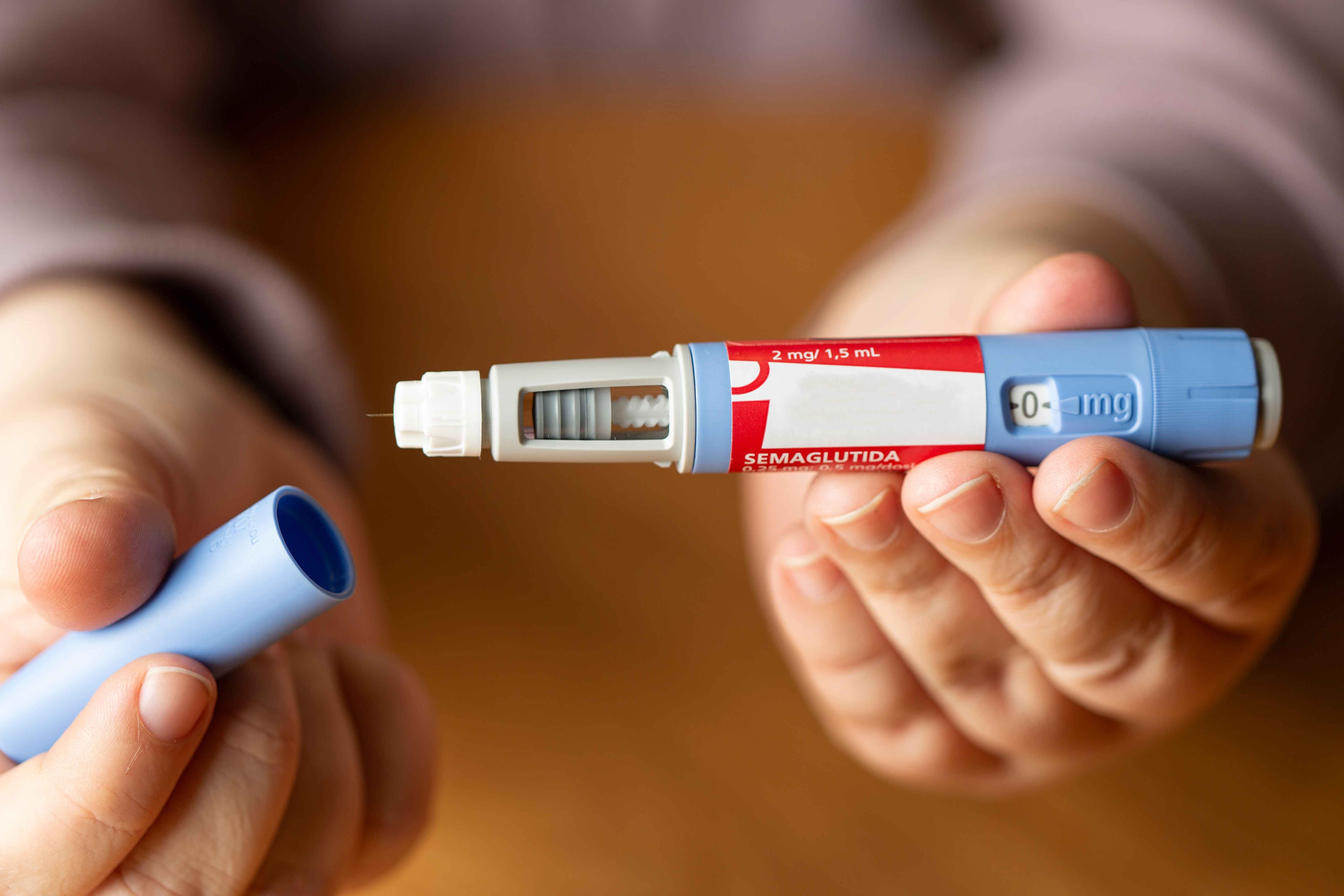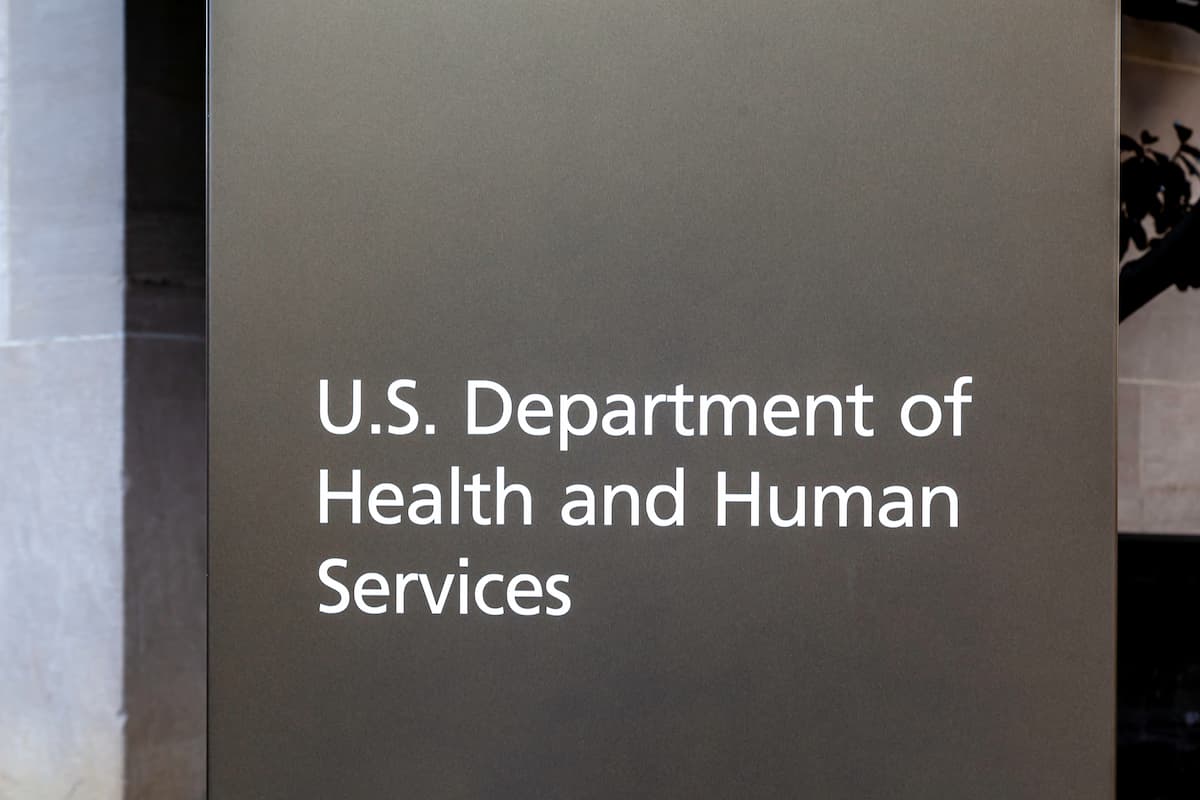News
Article
FDA Adds Boxed Warning to Denosumab for Increased Risk of Hypocalcemia in Patients With CKD
Author(s):
According to the FDA review, patients with CKD receiving denosumab for osteoporosis who are on dialysis or have CKD-MBD are at the highest risk of severe hypocalcemia.
After a complete review of available information, the FDA has determined that denosumab (Prolia; Amgen), which is used to treat osteoporosis, increases the risk of severe hypocalcemia in patients with advanced chronic kidney disease (CKD), especially for patients who are undergoing dialysis. Severe hypocalcemia—very low calcium levels—was shown to be more common in patients with CKD who also have the mineral and bone disorder (MBD).
Image credit: manassanant | stock.adobe.com

Denosumab, which is a monoclonal antibody, was originally developed for the treatment of osteoporosis in women post-menopause who are either at an increased risk of fracture or who are refractory to or cannot tolerate other therapy options. It blocks the receptor activator of nuclear factor kappa beta (RANK) protein and helps prevent osteoclasts, a type of bone cell, from breaking down bones in the body. Denosumab is administered subcutaneously by a health care professional once every 6 months.
Denosumab was later FDA approved to increase the bone mass in men with osteoporosis and to treat men with a high risk for fracture receiving androgen deprivation therapy for prostate cancer, as well as to treat women at a high risk of fracture receiving aromatase inhibitor therapy to treat breast cancer. Further, denosumab is used to treat both men and women with glucocorticoid-induced osteoporosis.
According to the FDA, patients with advanced CKD who took denosumab experienced hospitalization, life-threatening events, and death as a result of severe hypocalcemia. Although severe hypocalcemia can be asymptomatic, it can also present adverse events (AEs) back pain, muscle pain, and pain in the arms or legs. Because of these findings, the FDA is revising the denosumab prescribing information to include a new boxed warning to emphasize this increased risk. The additional warning can help reduce the risk by encouraging patient selection for treatment with denosumab, increasing the monitoring of blood calcium levels, among other strategies.
The FDA recommends that patients with advanced CKD consult with their providers to determine whether denosumab is an appropriate treatment. Patients who are already taking denosumab for osteoporosis should maintain an adequate calcium and vitamin D intake while treatment continues. In addition, frequent monitoring of calcium levels in the blood is necessary for patients with advanced kidney disease taking denosumab, particularly for those on dialysis during the first 2 to 10 weeks after each injection.
Furthermore, prior to prescribing denosumab, health care providers should assess patients’ kidney function. For those with advanced CKD, especially those on dialysis, providers should consider the risk of severe hypocalcemia in the context of other treatments for osteoporosis. For initial or continued use, patient calcium blood levels should be monitored and assessed for evidence of CKD-MBD. Other serious AEs of denosumab include confusion, seizures, irregular heart rhythm, fainting, twitching in the face, uncontrollable muscle spasms, or weakness, tingling, or numbness in different parts of the body.
REFERENCE
FDA. Prolia (denosumab): Drug Safety Communication - FDA Adds Boxed Warning for Increased Risk of Severe Hypocalcemia in Patients with Advanced Chronic Kidney Disease. News release. January 19, 2024. Accessed January 22, 2024. https://www.fda.gov/safety/medical-product-safety-information/prolia-denosumab-drug-safety-communication-fda-adds-boxed-warning-increased-risk-severe-hypocalcemia
Newsletter
Stay informed on drug updates, treatment guidelines, and pharmacy practice trends—subscribe to Pharmacy Times for weekly clinical insights.






